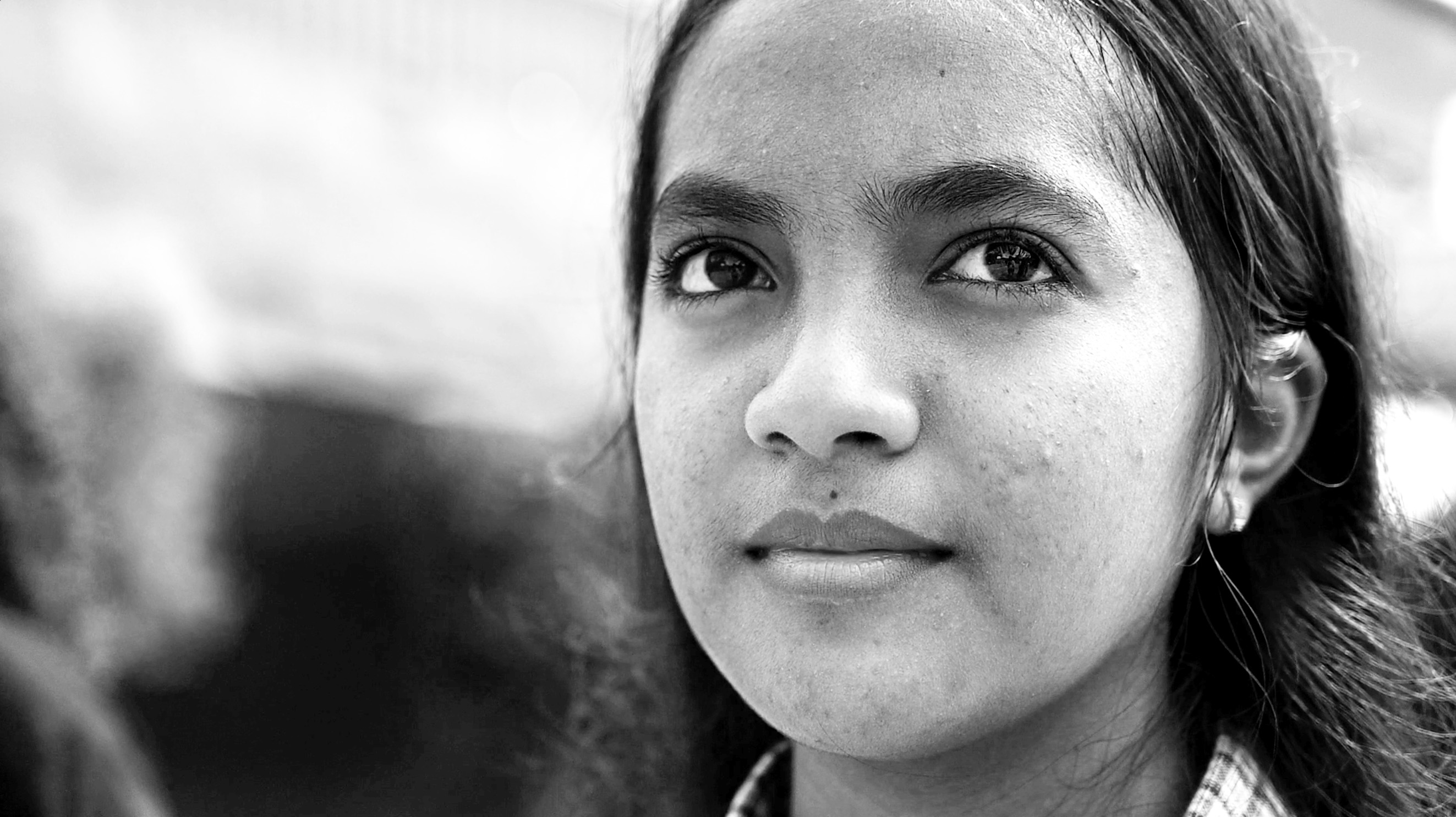Youth Participation in Policy Making
Your voice, Our Future
August 12, 2024

"The young do not know enough to be prudent, and therefore, they attempt the impossible, and achieve it, generation after generation."Pearl S. Buck
According to the UN Report (2022): Be Seen, Be Heard: Understanding young people’s political participation, despite the fact that almost half of the world's population is under the age of 30, only 2.6% of parliamentarians are under 30, with less than 1% of these young members of parliament being women, and the average age of female political leaders being 62.
Although young people have a vital role to play in the decision-making that affect us all, they are missing from public life. Their inputs, perspectives and representation are needed more than ever. Today, all generations agree in recognizing that it is necessary to rejuvenate the current political systems.
The appeal is urgent, and this year, the UN Youth Office launched a new advocacy campaign - World Leaders: It's Time to Let #YouthLead - asking for increased representation in decision-making roles across all sectors.
A more inclusive policy scope
The intergenerational gap in power, influence and trust constitutes one of the biggest challenges of our time. The lack of youth representation contributes to a growing mistrust towards political institutions and a sense of disaffection from elected leaders, reinforced by policies that do not reflect the priorities or concerns of half of the population in the world.
Young people have made clear through their activism on the streets, in civil society and on social media, that they care deeply about the transformational change needed to create more equal, just and sustainable societies. They have done incredible things. We all know about the leadership of Greta Thunberg and the courage of Malala Yousafzai, but there are so many more working to change the world, including young people in Timor-Leste.
Young people are the most positive about the future, and societies and governments must hear their views and ideas inside the halls of power.
The world’s problems cannot be solved by the same people making the same choices.
Rejuvenating the political system
To deliver for the people, democracy must represent all the people. More young women and men parliamentarians are needed to make parliaments more effective, innovative and inclusive.
The Be Seen, Be Heard Report indicates that 82% of people around the world think the political system needs drastic reform to prepare for the future, and nearly 70% feel that young people should have more say. All age groups agree that greater youth voice and vote representation in policy development would improve current political systems.
There is a need to remove obstacles, barriers, misconceptions, and legislative restrictions that prevent young people from participating in public policy making, helping them to have a voice in policy decisions.
Structural Changes
To enhance youth political participation, requires a wide range of structural changes in political systems. Among other actions, young people’s participation in public decision-making could be improved long-term by:
Resources: funding allocation to offer young people education and timely information on decision-making processes, their country’s current and future trends, as well as on their roles within them.
Accessibility: decision-making processes must be made accessible to all young people, without any discrimination.
Institutionalization: to move beyond ad hoc approaches, youth voices must be formalized and institutionalized, ensuring seats for youth at the policymaking table.
These elements are fundamental to contribute to close the gap between input and impact and to the allow young people to be part of shaping their own and future generations lives.
Timor-Leste’s Youth Crossroads
Timor-Leste is a young nation not only because it is a relatively new country but also because the large portion of its population is young. Timorese youth may become the driving force for societal change, by mobilizing, seeking social transformation, requesting reform actions, pursuing inclusive measures and demanding dignity for all.
Through initiatives such as Hako'ak Mehi, Viajen Politika and the recent Demokrasia Bis - Mobile Citizens Lab, UNDP Timor-Leste remains dedicated to amplyfing youth voices by creating platforms to facilitate the dialogue between young people and policy makers, empowering youth to articulate their aspirations, promoting civic engagement and fostering the co-creation of solutions that will meaningfully contribute to Timor-Leste’s inclusive democracy and sustainable development.
By ensuring the systematic integration of youth participation in policy spaces, and by adopting clear arrangements for their engagement, Timor-Leste can benefit from its young people’s contributions to inform and improve decision making at local and national levels.
The country’s current challenges, present another historic opportunity to take significant strides forward opening more spaces for youth participation at all levels.
UNDP - supporting the UN Secretary General initiative Be Seen, Be Heard (2022) and the latest UN Youth Office World Leaders: It's Time to Let #YouthLead campaign (2024) - makes an urgent call to all actors, from governments to civil society, to advocate for young people political participation. A just, equitable and sustainable future for Timor-Leste will only be possible with the involvement of young Timorese.

 Locations
Locations